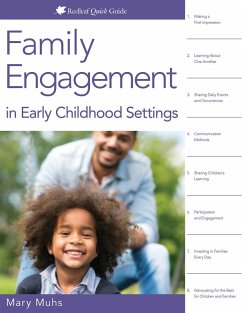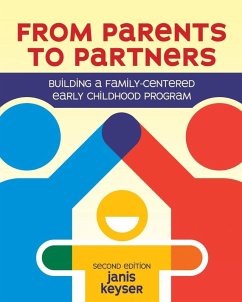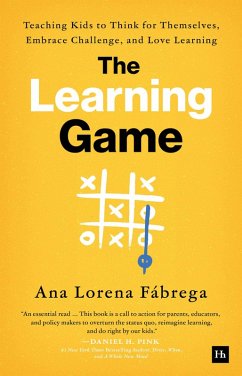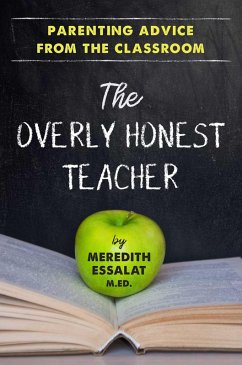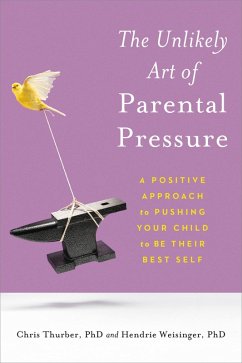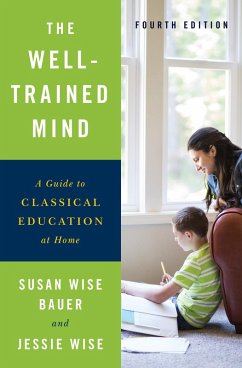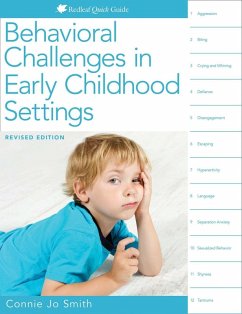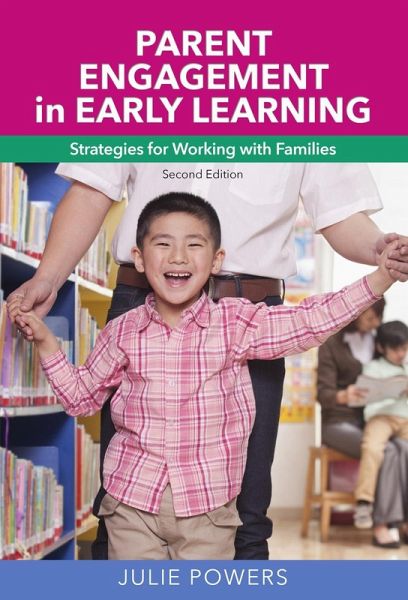
Parent Engagement in Early Learning (eBook, ePUB)
Strategies for Working with Families
Versandkostenfrei!
Sofort per Download lieferbar
16,95 €
inkl. MwSt.
Weitere Ausgaben:

PAYBACK Punkte
8 °P sammeln!
This second edition of Parent-Friendly Early Learning brings to life real scenarios that care providers face in today's world. We know parent engagement is important for a child's success, but how do you turn parent-provider relationships into partnerships? Learn how to improve parent-teacher communication, deal with family issues and special complications, and how to work with the modern family.Julie Powers has worked with children, families, educators, and communities for over forty years. She started preschool programs at the Dodge Nature Center in St. Paul, Minnesota, an inclusion-based pr...
This second edition of Parent-Friendly Early Learning brings to life real scenarios that care providers face in today's world. We know parent engagement is important for a child's success, but how do you turn parent-provider relationships into partnerships? Learn how to improve parent-teacher communication, deal with family issues and special complications, and how to work with the modern family.
Julie Powers has worked with children, families, educators, and communities for over forty years. She started preschool programs at the Dodge Nature Center in St. Paul, Minnesota, an inclusion-based program for Catalina Foothills School District in Tucson, Arizona, and was a consultant for the Air Force Child Development Centers. She has taught at colleges across the country and is currently an associate professor of early childhood education at University of Hawaii Maui College.
Dieser Download kann aus rechtlichen Gründen nur mit Rechnungsadresse in A, D ausgeliefert werden.




